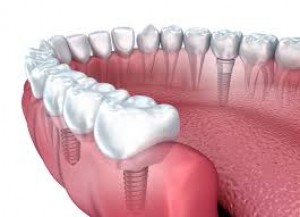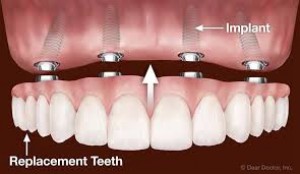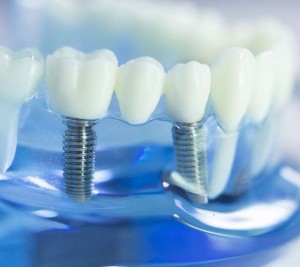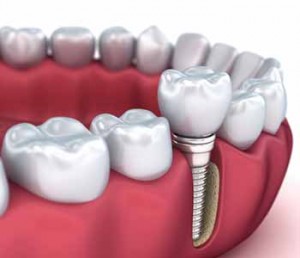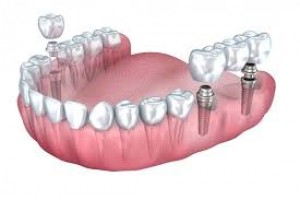Los Angeles, California Dec 20, 2019 (Issuewire.com) - Our Los Angeles dental Implants practice offers you comprehensive dental care in the convenience of one location utilizing the latest techniques in Cosmetic Restorative Dentistry and Periodontal Care. We aim to keep our SoCal Implant Center as efficient and convenient as possible.
Throughout this site, you can find information about our Los Angeles Periodontist – Dr. Jacob Elisha, our office, our Los Angeles location, maps, directions, hours, insurance policies, and appointment scheduling. Dr. Elisha Brings Expertise and QualityWith Over 30 Years of Experience
Dr. Jacob Elisha is a highly-regarded UCLA trained Board Certified Los Angeles Dental Implant Specialist & Periodontics with over 30 years of clinical experience. Our Los Angeles Periodontal and Dental Implant center is equipped with cutting-edge technology. Dental Implants Los Angeles
With Dr. Elisha’s 30 years of experience and research in the industry, our patients are treated with the most advanced techniques offering the best dental experiences and highest quality periodontics and implant dentistry available.
What are Dental Implants?
Dental implants are metal posts or frames that are surgically positioned into the jawbone beneath your gums. Once in place, they allow your dentist to mount replacement teeth onto them.
How do Dental Implants Work?
Because implants fuse to your jawbone, they provide stable support for artificial teeth. Dentures and bridges mounted to implants won't slip or shift in your mouth — an especially important benefit when eating and speaking. This secure fit helps the dentures and bridges — as well as individual crowns placed over implants — feel more natural than conventional bridges or dentures.
For some people, ordinary bridges and dentures are simply not comfortable or even possible, due to sore spots, poor ridges or gagging. In addition, ordinary bridges must be attached to teeth on either side of the space left by the missing tooth. An advantage of implants is that no adjacent teeth need to be prepared or ground down to hold your new replacement tooth/teeth in place.
To receive implants, you need to have healthy gums and adequate bone to support the implant. You must also commit to keeping these structures healthy. Meticulous oral hygiene and regular dental visits are critical to the long-term success of dental implants.
Implants are usually more expensive than other methods of tooth replacement, and most insurance carriers typically cover less than 10 percent of the fees.
The American Dental Association considers two types of implants to be safe. They are:
- Endosteal implants — these are surgically implanted directly into the jawbone. Once the surrounding gum tissue has healed, a second surgery is needed to connect a post to the original implant. Finally, an artificial tooth (or teeth) is attached to the post-individually or grouped on a bridge or denture.
- Subperiosteal implants — these consist of a metal frame that is fitted onto the jawbone just below the gum tissue. As the gums heal, the frame becomes fixed to the jawbone. Posts, which are attached to the frame, protrude through the gums. As with endosteal implants, artificial teeth are then mounted to the posts.
Posts are surgically placed below the gums. Artificial teeth, grouped on a bridge, are mounted to the posts. Implants offer a very stable and secure fit. Implants serve as a base for single replacement teeth.
This article is intended to promote understanding of and knowledge about general oral health topics. It is not intended to be a substitute for professional advice, diagnosis or treatment. Always seek the advice of your dentist or other qualified healthcare providers with any questions you may have regarding a medical condition or treatment.
Media Contact
Los Angeles Dental Implants & Periodontist Center *****@gmail.com https://www.socalimplants.com/
